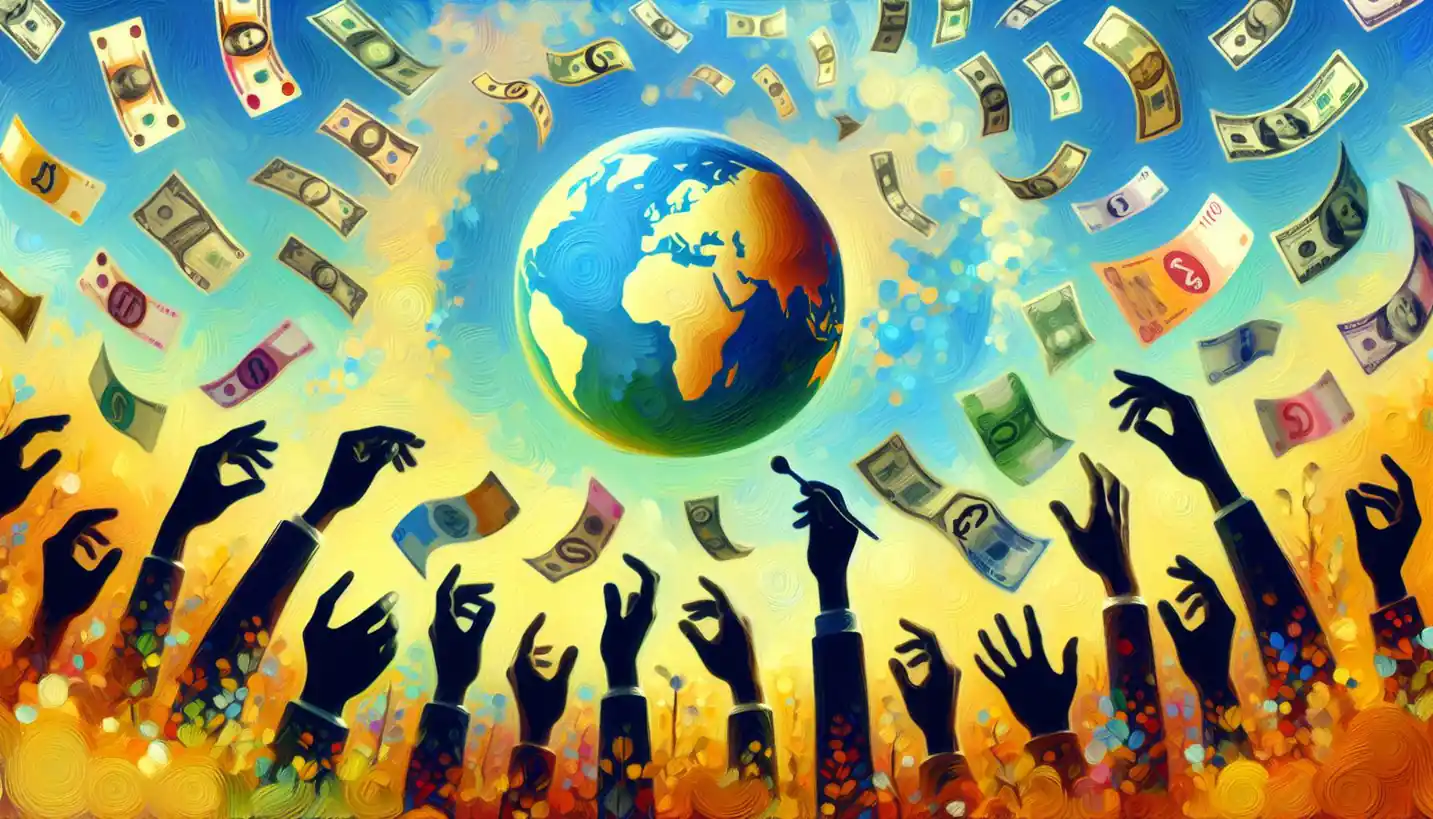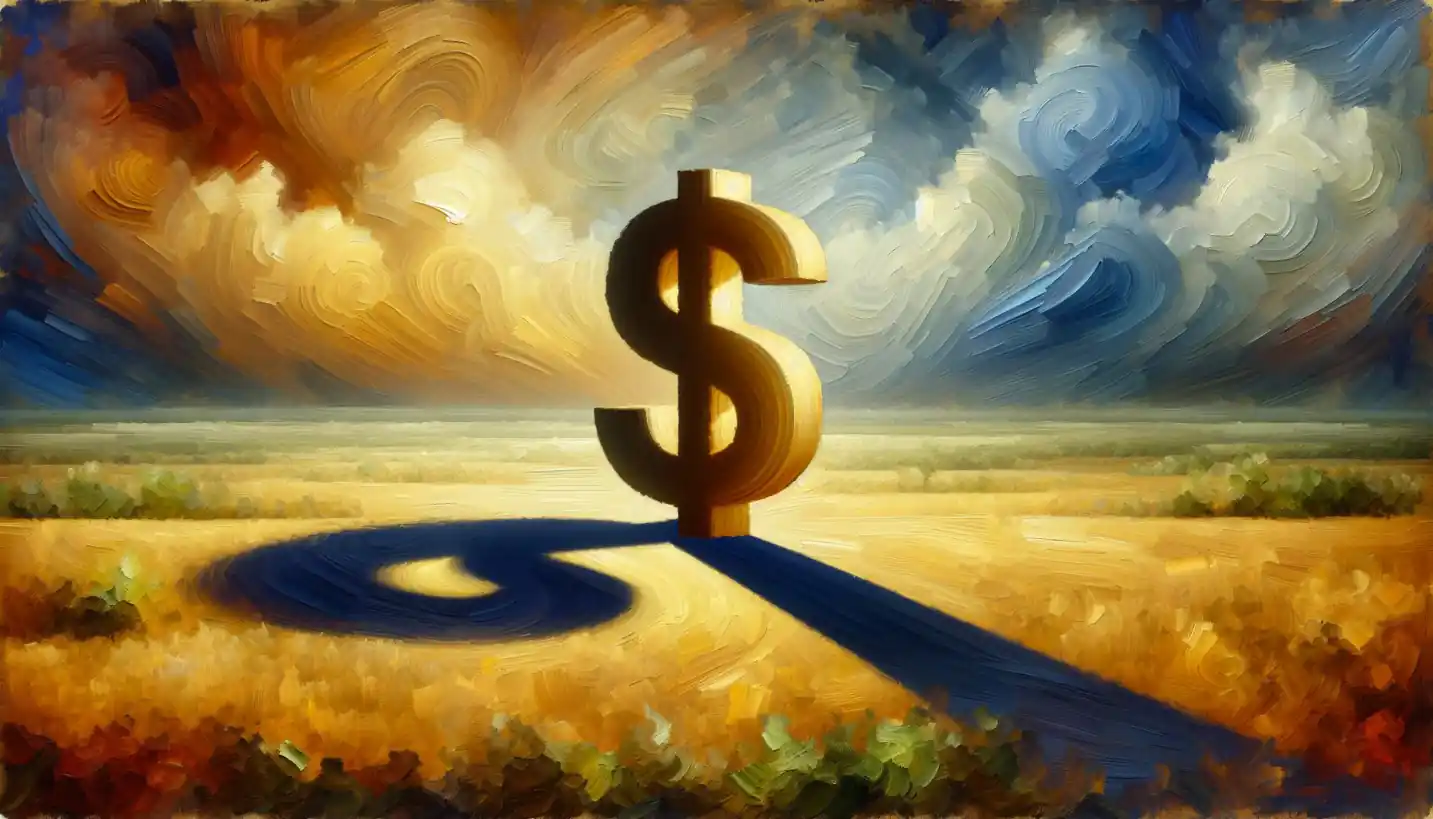· Economics · 5 min read
Foreign Direct Investment: Exploring the World of International Economics
Explore how foreign direct investment reshapes economies and industries across borders. See why it's a key factor in international growth.

Alright, let’s dive into the intriguing world of Foreign Direct Investment, or FDI for short. FDI is like the globetrotting superstar of international economics. It’s what happens when a company or individual from one country decides to invest in a business located in another country. Think of it as planting seeds in foreign soil, hoping to grow a vibrant economic garden.
What Exactly is Foreign Direct Investment?
Imagine you’re a business owner with a thriving coffee shop in Seattle. You’re so successful that you decide to open a new branch in Paris. The money you pour into setting up this new shop overseas is a classic example of FDI. It’s different from just buying stocks or bonds in another country because FDI typically involves a long-term relationship and a significant degree of influence over the business. Essentially, you’re not just investing money; you’re bringing your business expertise, technologies, and management know-how to the table.
Why Do Companies Pursue FDI?
The motivations behind FDI can be as varied as the companies themselves. However, there are a few common reasons:
Market Access: Companies often seek FDI to tap into new and emerging markets. By setting up operations in another country, they can sell directly to local customers and adapt more quickly to their needs.
Resource Acquisition: Some businesses invest abroad to access resources they can’t find at home, like raw materials, cheap labor, or cutting-edge technology.
Efficiency and Cost Savings: Imagine being able to produce goods at a lower cost by taking advantage of cheaper labor or more favorable regulations in another country. That’s a big draw for FDI.
Diversification of Risk: Investing in different regions can help spread risk. If one market goes down, another may still offer potential gains.
The Role of Governments in FDI
Governments play a massive role in shaping the landscape for FDI. They can make it easier or harder for foreign entities to invest through policies, regulations, and incentives. For instance, a country might offer tax breaks to foreign companies to attract investment or set restrictions to protect local industries.
Sometimes, governments even engage in what’s known as bilateral investment treaties. These are special agreements between two countries to promote and protect mutual investments. They ensure investors are treated fairly and protect them from political risks, like sudden government takeovers.
The Economic Impact of FDI
FDI can be a game changer for both the investor and the host country. For the investor, it means access to new markets, resources, and growth opportunities. For the host country, it can bring capital, technology, and job creation.
Positive Effects
Job Creation: When a company sets up a factory or a service center in a new country, it often needs local employees, providing jobs and boosting employment rates.
Economic Growth: FDI can lead to increased production and trade, which often results in higher GDP for the host country.
Technology Transfer: Foreign companies typically bring new technologies and practices with them, which can improve the efficiency and competitiveness of local industries.
Potential Downsides
While FDI has many benefits, it’s not without its challenges. Some countries worry about foreign influence over key industries or the possibility that multinational companies might siphon off profits without benefiting the local economy.
There’s also the risk of cultural homogenization, where the influx of foreign companies might erode local traditions and ways of doing business.
Real-Life Examples of FDI
One famous example of FDI is when car manufacturers like Toyota and BMW establish assembly plants in the United States. These companies aren’t just selling cars; they’re building them locally, creating thousands of jobs and investing millions into local economies.
Another example is tech giants like Google and Amazon setting up data centers and offices worldwide. They’re not only expanding their reach but also transferring their cutting-edge tech and innovative business models to new markets.
The Future of FDI
As the global economy continues to evolve and technology advances, the nature of FDI is changing too. Digital platforms, e-commerce, and remote work are altering how and where investments happen. For instance, a tech startup in Lagos might receive funding from venture capitalists in Silicon Valley, blurring the lines of traditional FDI.
Looking ahead, sustainability and social responsibility are becoming crucial factors. Companies are increasingly considering the environmental impact of their investments and seeking to create not just financial returns but also social value.
Questions to Ponder
As we navigate the world of FDI, several questions arise. How can countries balance attracting foreign investment with protecting their domestic industries? What role should international organizations play in regulating and facilitating FDI? And, how will technological advances continue to reshape this landscape?
Foreign Direct Investment is more than just a financial transaction; it’s a dynamic force shaping global economics. Whether you’re a business leader, policymaker, or curious reader, understanding FDI offers insights into how countries and companies interact on the international stage. As the world becomes ever more connected, the dance of FDI is one that will continue to captivate and challenge us.



